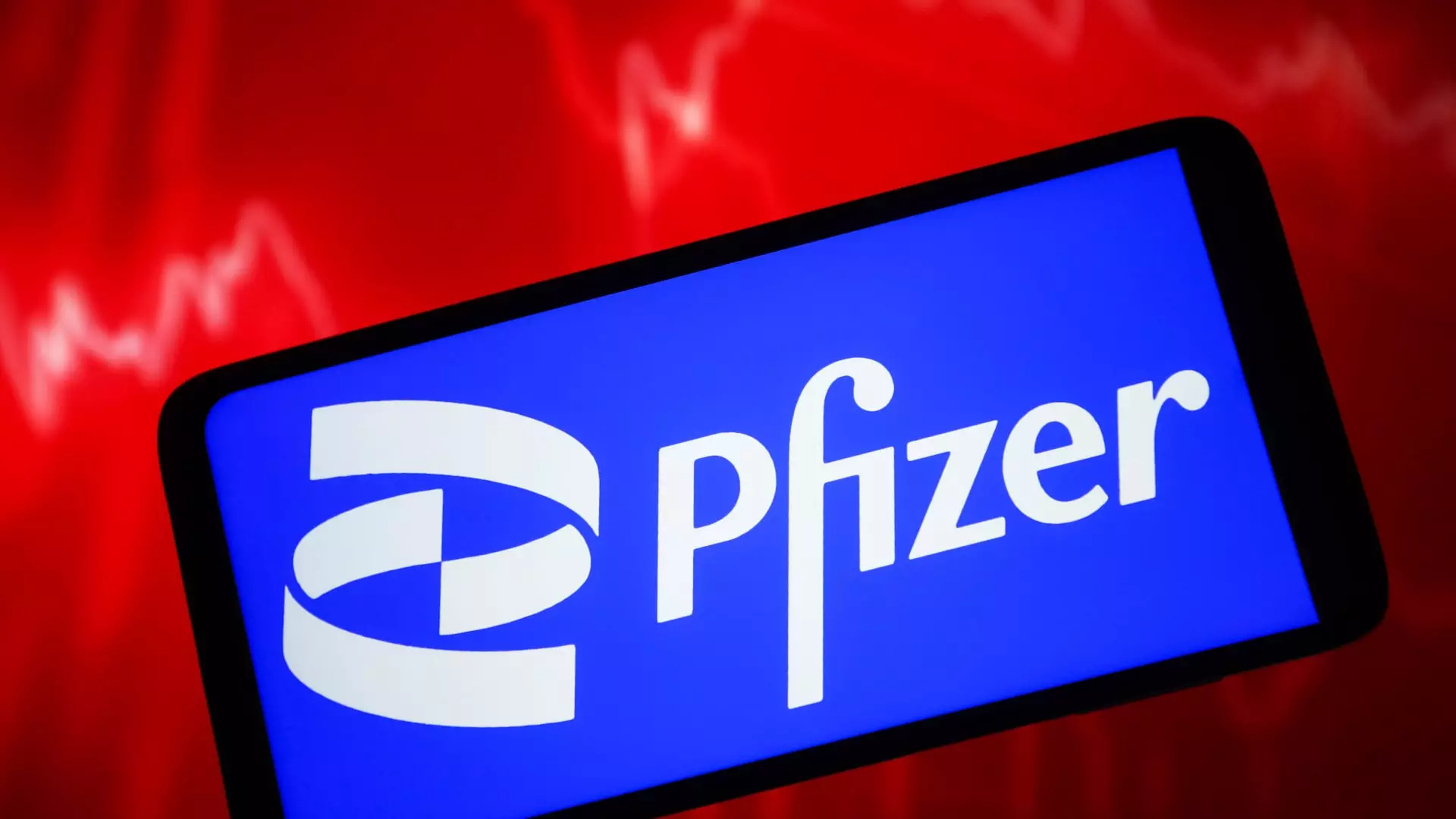The Food and Drug Administration recently gave their seal of approval to Pfizer’s revolutionary treatment for hemophilia B, a rare genetic bleeding disorder that affects thousands of people in the United States. This groundbreaking gene therapy, known as Beqvez, represents Pfizer’s first foray into the gene therapy market in the U.S. The approval of Beqvez marks a significant milestone in the treatment of hemophilia B and could potentially change the lives of those living with this debilitating condition.
Beqvez is designed as a one-time treatment that aims to enable patients with hemophilia B to produce factor IX themselves, a protein essential for blood clotting. This innovative approach to treatment could potentially eliminate the need for regular infusions of factor IX, which can be both time-consuming and cumbersome for many patients. In a late-stage trial, Beqvez was found to be superior to the standard treatment for hemophilia B, offering a more convenient and effective alternative for patients.
Individuals living with hemophilia B often struggle with the challenges of regular infusions of factor IX, as well as spontaneous bleeding episodes that can result in joint damage and mobility issues. Beqvez has the potential to alleviate these burdens by reducing the frequency of bleeding episodes and improving the overall quality of life for patients. Medical experts are optimistic about the transformative potential of Beqvez in improving the long-term prognosis for individuals with hemophilia B.
Pricing and Competition
Despite its significant benefits, Beqvez comes with a hefty price tag of $3.5 million before insurance and other rebates. This makes it one of the most expensive drugs in the U.S. market. The high cost of Beqvez could pose a barrier to access for some patients, especially considering the availability of a similar treatment, Hemgenix, by Australia-based CSL Behring. Hemgenix also carries a price tag of $3.5 million in the U.S. and has faced challenges in terms of uptake due to factors such as high costs and logistical issues.
Pfizer’s entry into the gene therapy market with Beqvez represents a significant step towards the future of healthcare. Gene and cell therapies are emerging as one-time, high-cost treatments that hold the potential to revolutionize the treatment of a wide range of diseases. Pfizer’s continued innovation in the field of gene therapy, including seeking FDA approval for marstacimab to treat hemophilia A and B, signals a promising future for patients with complex genetic conditions.
The approval of Pfizer’s Beqvez gene therapy for hemophilia B represents a major milestone in the field of genetic medicine. This innovative treatment has the potential to transform the lives of individuals living with hemophilia B by offering a more convenient and effective alternative to traditional treatments. While the high cost of Beqvez may present challenges, the long-term benefits and potential for improved patient outcomes make it a significant development in the ongoing quest for better healthcare solutions.


Leave a Reply